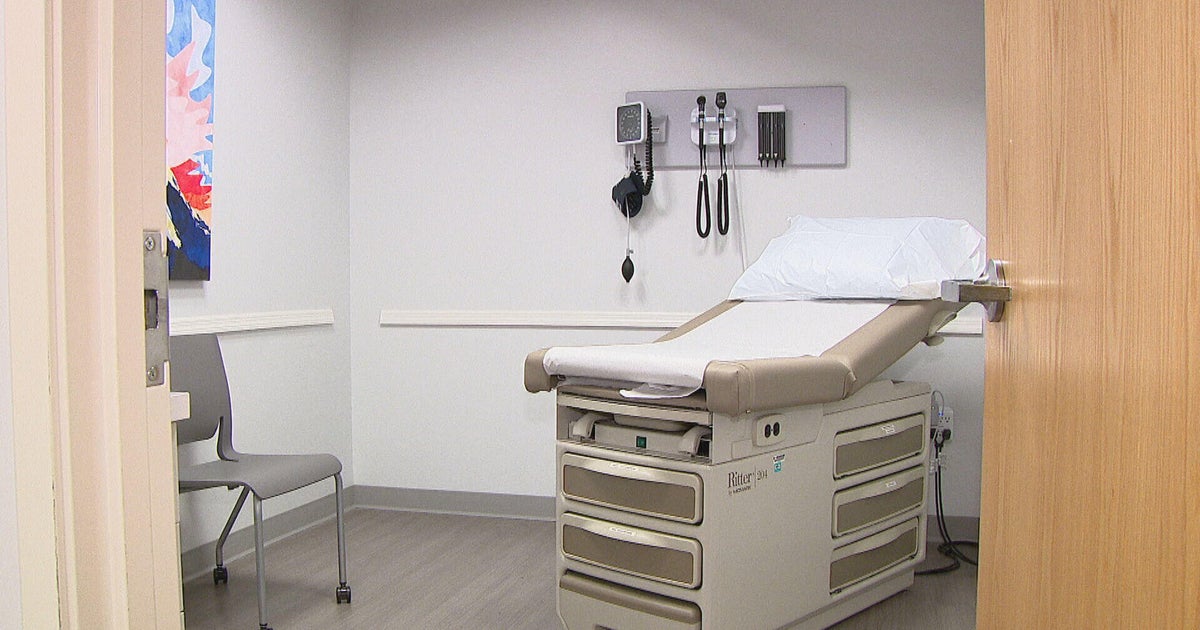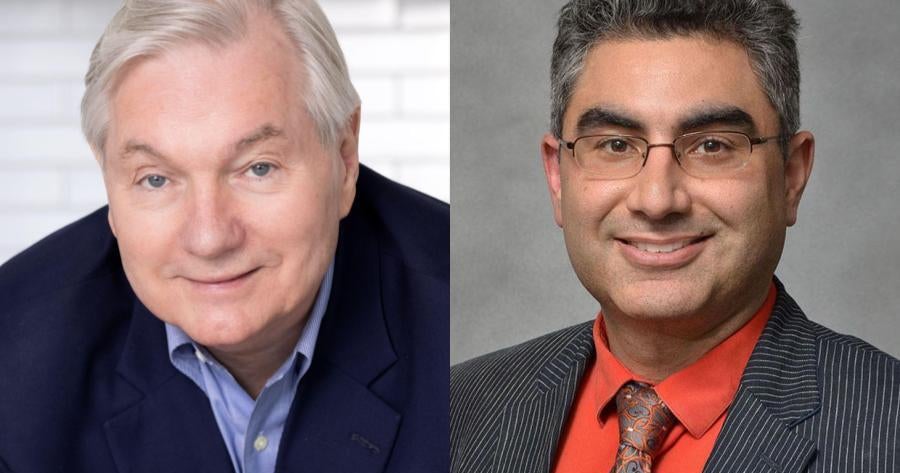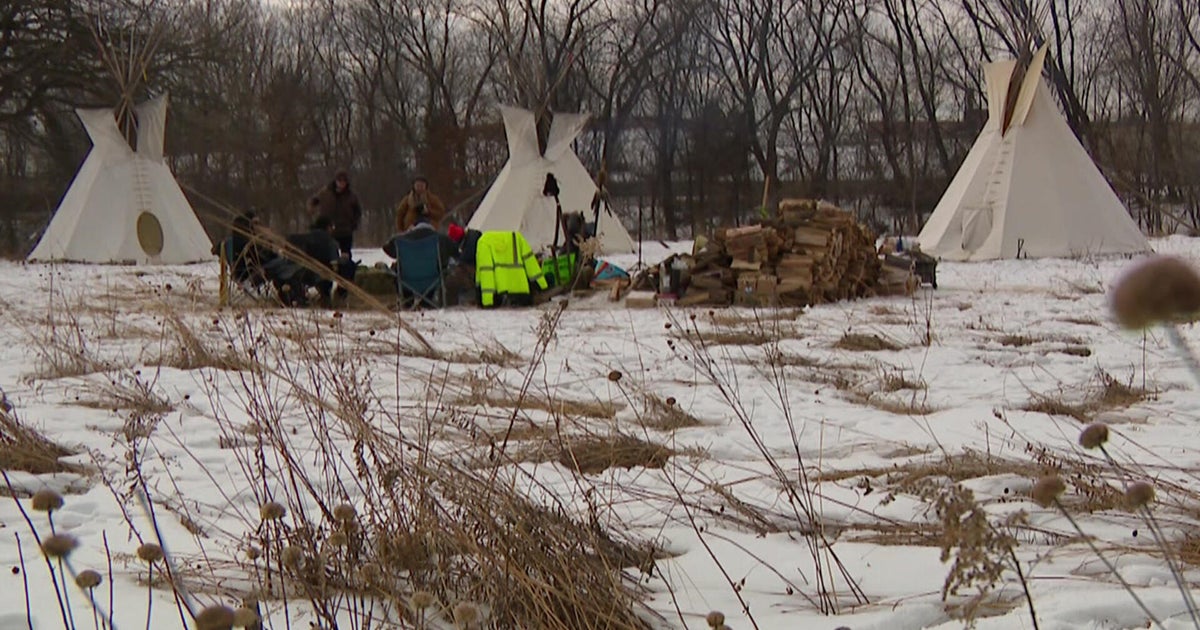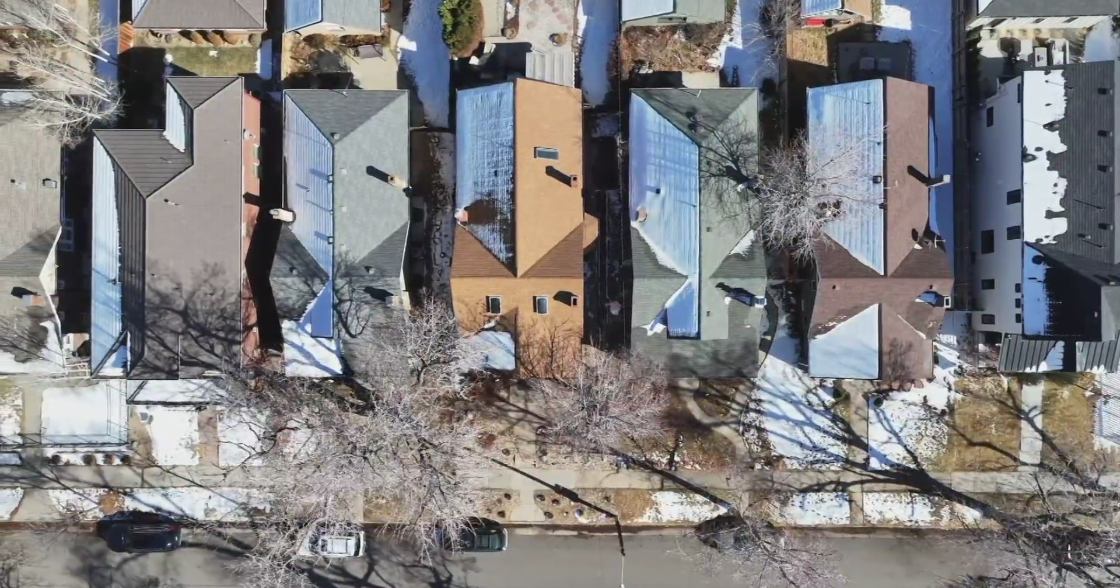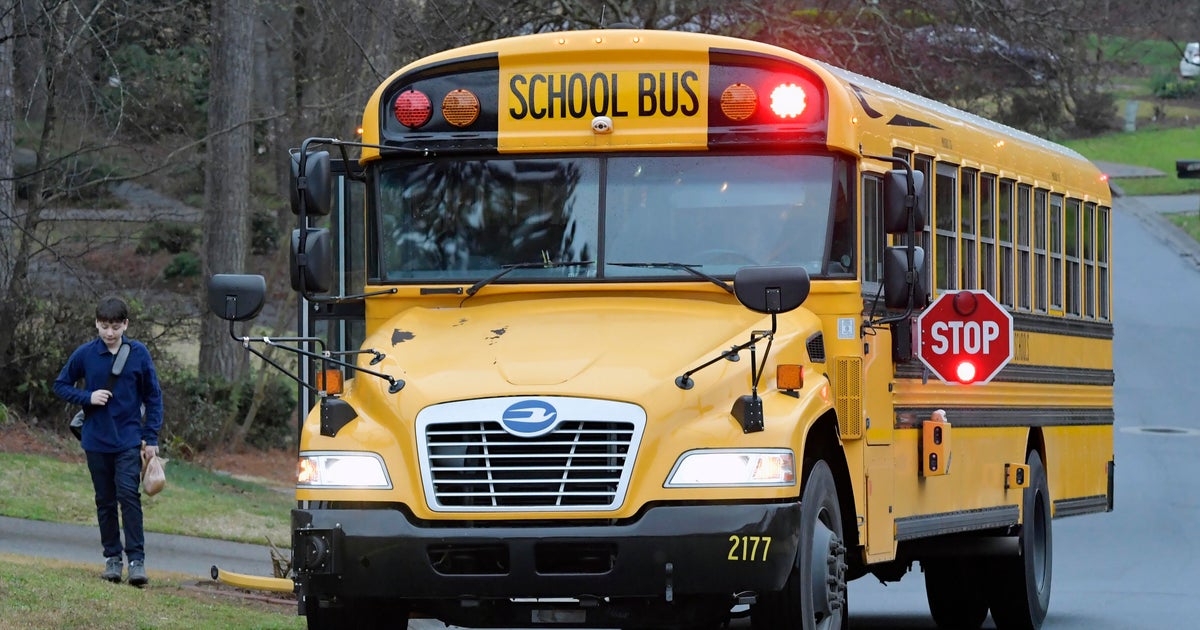As Questions Mount, It's Game Time For MNsure
ST. PAUL, Minn. (AP) — After two years marked largely by disappointment, lawmakers and health care experts are warily eyeing Minnesota's health insurance exchange as it nears its toughest test yet.
The federal money MNsure has leaned heavily on will be gone by the end of the year, and it will have to keep afloat from the fees it pulls in from private plan signups. Health care consultants and academics say it's too early to declare MNsure and other state-run exchanges unsustainable, but they see troubling signs.
Twice in as many years MNsure has cut its enrollment projections and yet still fallen short. The exchange tempered its long-term expectations for registration earlier this month, but those plans still hinge on growing its enrollment at about the same pace the next two years.
"After the first year or two, getting the remaining uninsured is just going to get harder and harder," said Dr. Erin Trish from the Schaeffer Center for Health Policy and Economics at the University of Southern California. "We've already got the low-hanging fruit."
Each round of shortfalls and budget cuts has trigged new talk among Republicans that the exchange can't survive. Democratic Gov. Mark Dayton recently fueled that speculation with a letter to legislative leaders calling for a study of MNsure's future. Dayton left the door open to scrapping the exchange and moving to the federal exchange.
"I don't know whether it is (sustainable) five years from now," Dayton said Friday. "That's the kind of question that needs to be asked."
MNsure CEO Scott Leitz said in an interview last week that the exchange is "on pretty solid footing" financially.
He and other exchange officials have stressed MNsure is still a budding organization, learning about the market and retooling expectations on the fly. They may continue to miss the mark on enrollment projections, Leitz said, but not at MNsure's peril.
Across the nation, the 14 states with their own exchanges are wrestling with how to go it alone. And many are in worse shape than Minnesota.
In Rhode Island, the marketplace still doesn't have a funding source, leaving lawmakers to argue over potential fee mechanisms and whether to ditch the exchange entirely. Exchanges in California, Hawaii and other states are also confronting budget holes.
Switching to the federal exchange — an escape hatch for several struggling marketplaces — is a gamble until the Supreme Court decides whether subsidies can be offered on the federal HealthCare.gov. Minnesota House Republicans intent on scrapping MNsure recognize now is not the time: their bill wouldn't make the move until 2017, and only if the subsidies are upheld.
Caroline Pearson, vice president at Washington, D.C.-based Avalere Health, said Minnesota did better than most state-exchanges, which had a dismal second year for enrollment compared to the federal hub. MNsure officials stressed the same, noting that it came close to meeting projections this year despite the largest insurer's exit from the marketplace.
"Everyone overshot the projections, including the federal government. The state-based exchanges overshot by a lot," she said. "Minnesota doesn't look like it's in particularly worse shape than the other states."
Despite their well-publicized struggles and looming questions, Pearson said it's too early to declare MNsure and other state marketplaces a failure. She's waiting to see whether exchanges see a healthy enrollment uptick as shock sets in from the tax penalties in President Barack Obama's health care law.
MNsure is banking on that. And as the pool of uninsured residents gets smaller, Leitz said MNsure will increase its focus on attracting price-conscious shoppers who can compare plans on the exchange and hope that an improving economy will lift Minnesota residents out of public health programs and into the individual market.
If enrollment projections continue to fall short and budget problems persist, Pearson said Minnesota lawmakers could broaden the fees it collects. MNsure skims a fee off premiums on the plans it sells, but five other exchanges also apply those assessments to off-exchange policies.
Leitz said he'll leave those discussions to the Legislature — even if their expectations continue to prove high, he's confident MNsure can survive on its current path.
"The only thing we know about enrollment between now and eternity is that our projections are going to be wrong," MNsure spokesman Joe Campbell said. "Sometimes they're going to be low. Sometimes they're going to be high. That's just the reality of the business we're in."
(© Copyright 2015 The Associated Press. All Rights Reserved. This material may not be published, broadcast, rewritten or redistributed.)
